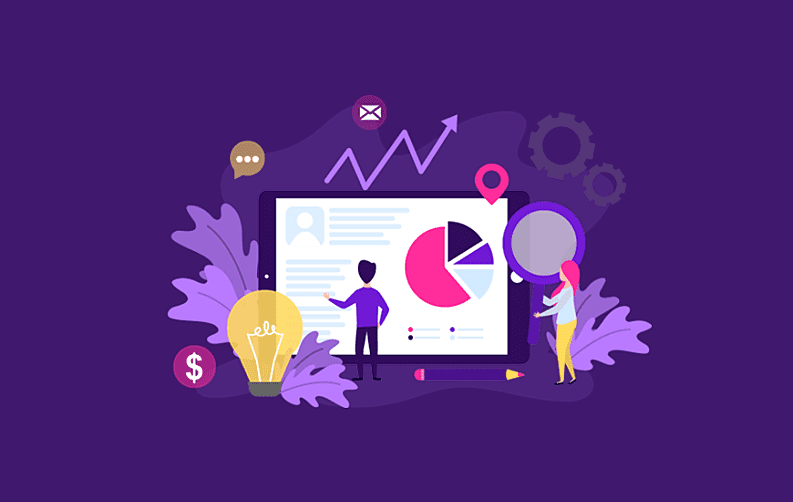
Many users had the problems of spontaneous freezing of apps that drained the battery too soon, and many more due to a lack of proper optimization in earlier versions of Android. And it’s because of the poor optimization of the app.
The app optimization process can be summed up as an activity through which an app is revised in a manner that it launches smoothly without any hiccups. Therefore, mobile app development companies are working towards making the process of optimization as short as possible.
The whole optimization scenario came into the process after the Lollipop version of Android was launched. In this Android version, ART was introduced. But before ART, Android uses Dalvik Runtime as the compiling tool that used to compile apps just at the time of execution which took a lot of time and killed the performance of mobile computing systems. It also adversely affected the battery life of the system.
These days, companies that are developing Android-based apps hire top app developers and top mobile app marketing agencies who can use their skills to reduce the optimization time, so the app starts quickly and the device doesn’t slow down. For the optimum app performance, the Android app development services are working towards making the user interface better and smoother.
Pros of Optimizing Apps Before Launch
App optimizing is necessary, we need to optimize the app as per the app store guidelines and it has many benefits that can prove advantageous to the mobile system and boosts its battery life and performance. Take a look:
1. Increases Speed
Optimizing the apps before their launch helps to increase the speed. The apps start and shutdown faster because they are already optimized before we launch them. If apps are optimized after their launch then they will use more RAM, which will slow down the speed of the device and that will ultimately slow down the app as well.
All the android apps when installed have an extension .apk but along with it, some files of extension .odex are automatically downloaded which are parts of the application that are optimized before booting. Files of this particular extension help to speed up the process of optimization.
2. Preloads Part of the App
As the files of the codex, the extension helps to speed up the booting process and is simply a collection of files that complete the process of optimization. All of this happens because optimization leads to the preloading of a part of the application. It also enables the system to open apps taking a comparatively lesser amount of time.
The preloading of the app benefits the system and the user to a great extent, as it almost solves the problem of freezing of applications while launching. Also, it improves the overall performance of the Android system. Android app development services have used this advantage to proceed in the development of more user-friendly apps.
3. Make the App Execution Ready
Some parts of the app are already loaded while the optimization process and hence, it makes the app ready for the execution after the user switches on the system.
The whole process goes on even before the launching of a particular application in the background, which makes it possible for the user to use the phone primarily while the app which covers a large part of RAM is being compiled by the system.
Before the launch of ART, applications were made ready to optimize just before the execution, which resulted in hindering the speed and overall performance of the device.
4. Increase in Battery Life
When the app is optimized before its launch, it put less burden on RAM at once and that saves the battery. But if the app is optimized after its launch, it uses RAM space separately and affects the battery. In this scenario, the battery will drain faster as the device will always use the processor for optimizing the app.
The optimization of these apps beforehand helps reduce the load on the device, making the battery last longer.
5. Adds App Standby Buckets
When we optimize the app before its launch, the processor adds the app that is not in use to the standby bucket. This limits the background processing of the app. It saves the battery, increases the speed, and helps the device run at its best.
If the app is not optimized before its launch then, it can’t be added to the standby bucket. Until the app is not optimized, it occupies the space in the background and that affects the performance of the device.
6. Clears the RAM
RAM is part of the CPU where files are being stored temporarily. When the RAM is clear, the device automatically gets more efficient, fast and smooth. Clearing the RAM basically means freeing the unnecessary space from the memory of the system and space for new processes can be created in a fast manner.
The core function of optimization is to clear out the RAM so that the system runs in a hassle freeway. The developer can easily process and understand the power of optimization by viewing the RAM screen and observing how much percentage of RAM is used before and after optimization.
All the leading mobile app development companies are rigorously working on making the apps more RAM friendly.
Final Words
Best Android application development companies are looking continuously forward to hiring mobile app developers. Who makes the process of compilation of apps easier in which the user does not have to compromise with his/her phone’s performance?
Frequently Asked Questions

By Sakshi Kaushik

Content Writer (B2B Editorial)
A passionate writer and tech lover, she strives to share her expertise with mobile app developers and fellow tech enthusiasts. During her moments away from the keyboard, she relishes delving into thriller narratives, immersing herself in diverse realms.












